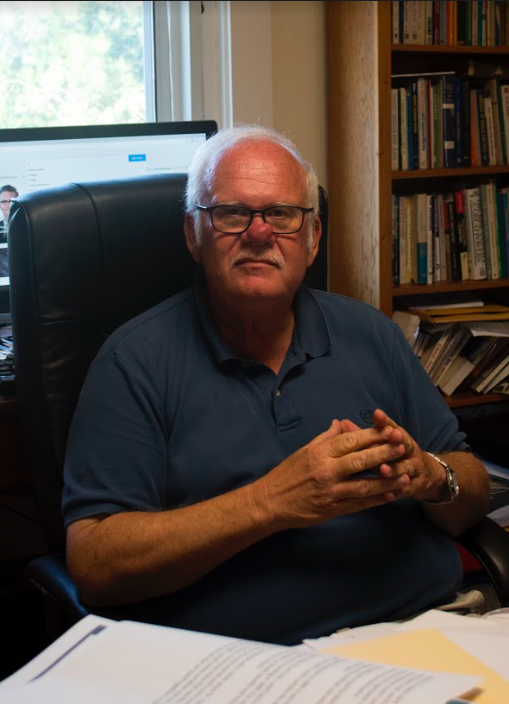On Sept. 6, Edward Lee, a professor of history and the director of graduate studies in history, attended the South Carolina State and Local Leaders Conference at the White House. Lee, who has been the mayor of York county for the past 20 years, was one of 100 state and local elected officials of South Carolina to attend.
Lee said that top officials, including Kellyanne Conway and Mark Zais, talked to the leaders about infrastructure, agriculture, and the opioid epidemic.
“I had four hours of meetings with top officials. Kellyanne Conway was there. Mick Mulvaney, who was the director of the Office and Management of Budget, who used to be our U.S. house member at one time, talked about the budget. We talked about infrastructure. We talked with Mick Zais. He used to be South Carolina’s Superintendent of Education, and now he’s the Assistant Secretary of Education. With Kellyanne Conway, we talked about the opioid crisis, which is a nationwide epidemic,” Lee said.
Lee said that he was glad to hear them speak about these issues and he said that the topics each speaker chose were interesting to see.
“When Mick Mulvaney, the director of the Office of Management and Budget, talks about money, you listen. I thought that it was interesting to hear [Conway] talk about the opioid stuff because she could have talked about anything. She could have talked about the press, but she felt so strongly that that was an epidemic, that she spent 20 minutes talking about it. She thinks that it’s something that law enforcement should be supported on [and] medical professionals should be brought in on to make sure they don’t overprescribe stuff. Psychologists need to be involved in it so that we don’t get people addicted. I came away feeling like I have more appreciation for her than I did [before],” Lee said.
Lee said that his main motivation for attending the conference was to obtain a list of contacts of career government officials.
“One of the things that was very helpful to me was, I asked [Zachary T. Michael, associate director for White House Office of Intergovernmental Affairs] if he could give me a list of contacts of career government officials who were there, who aren’t going to change if a president leaves or is defeated. By the end of the meeting, he gave me a list of 50 key people for every federal agency that you could think of,” Lee said.
On this list were names, emails, and phone numbers of 50 different government agencies, including contacts for FEMA. Lee said that this contact proved useful with the arrival of Hurricane Florence last week.
“During the storm last week, I thought, ‘You know, I’ve got this email address and I’ve got their phone numbers and their names, so I think I’ll fire off an email to this guy to first of all make sure that he’s real, and to see if he responds,’” Lee said.
Lee said that he was impressed that the White House thought to invite local leaders to talk to officials.
“I was very impressed that the Trump administration wanted local government people to come. Local government is the level of government that affects people the most. We don’t send people to war. Local government, we’re the people that pick your trash up. When you call 911, we’re the people that send an officer over. If your house catches fire, we’re the ones that put the fire out. Local government is kind of like the first layer of government,” Lee said.




